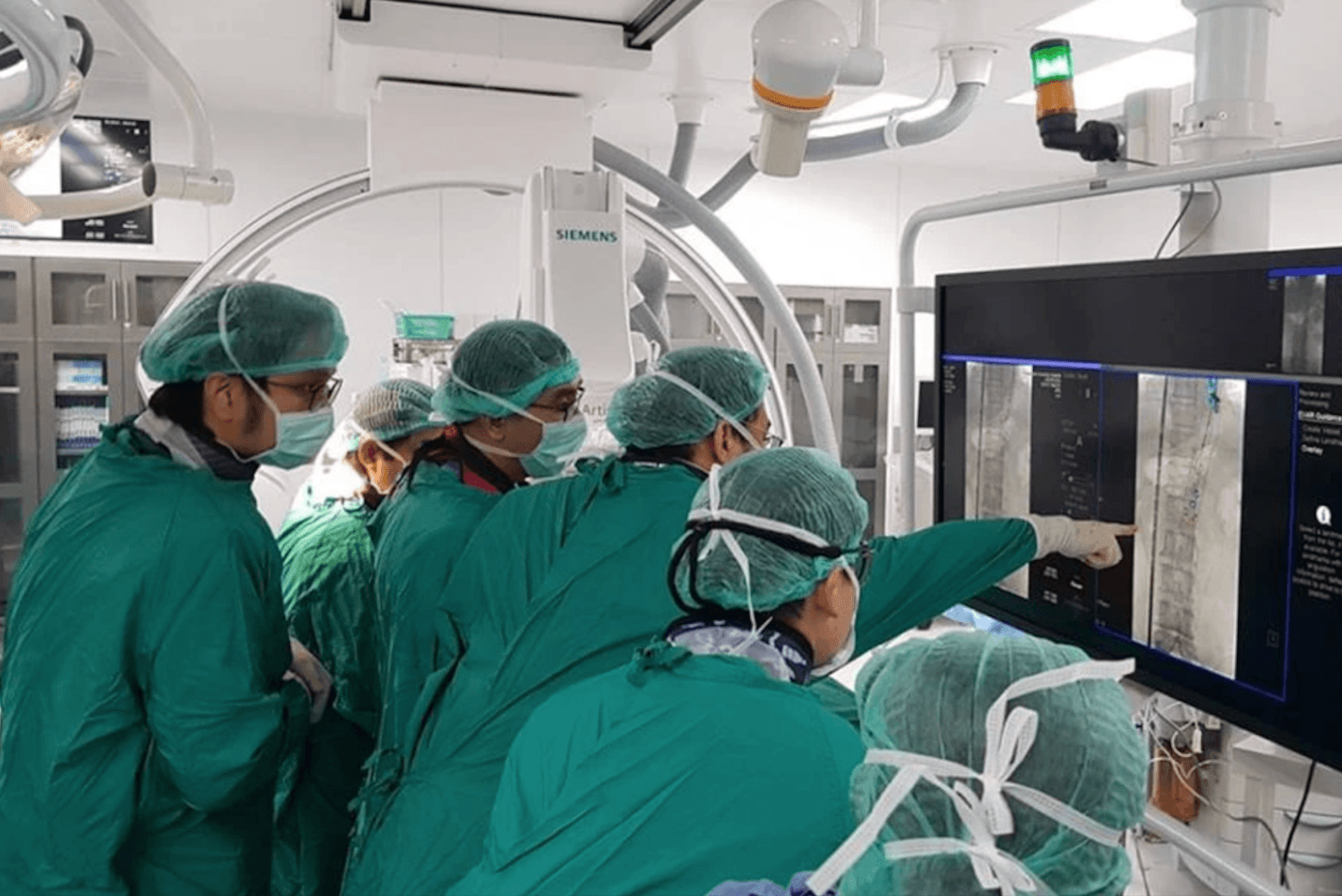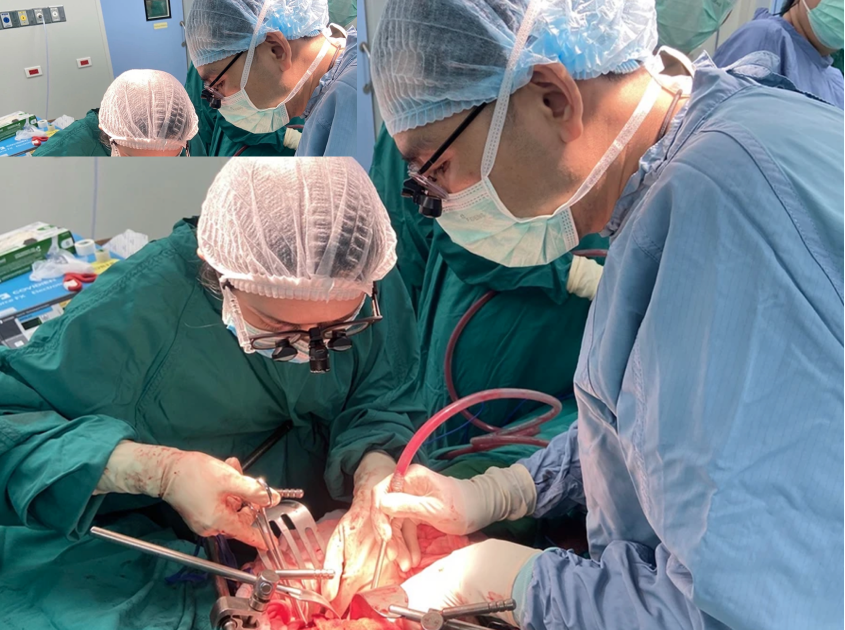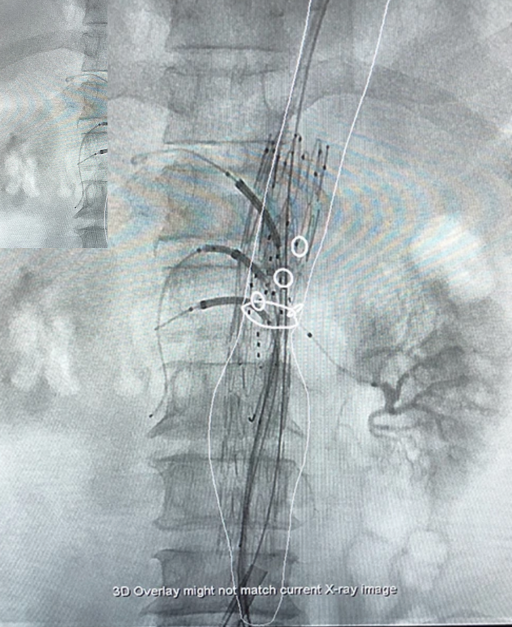Vascular surgeons and what tasks do they perform?

"If the body is compared to a house, blood vessels are the pipes that deliver water to each room, ensuring their appropriate function." Vascular surgeons or vascular physicians are consequently comparable to plumbers in that they facilitate blood circulation to ensure that all organs receive appropriate oxygen and function effectively. Many individuals question the nature and function of vascular surges. The article then outlines their professions and the six vascular diseases in which they specialize.
- Aneurysm
An aneurysm is the enlargement of a blood vessel to greater than 1.5 times its normal size. It is typically observed in the abdominal aorta. Despite this, about 80% of persons are asymptomatic. The remaining patients may develop abdominal pain and aeteries wall ruptures. Without prompt treatment, an aneurysm can be fatal. This problem may be treated with open surgical repair or endoscopic surgery (EVAR).
- Peripheral Arterial Disease (PAD)
PAD is typically caused by high calcium accumulation in the arteries. The symptoms range from discomfort in the legs when walking (claudication) to leg pain while sleeping (rest pain). In certain extreme situations, leg ulcers are seen. Diabetes was discovered to increase blood clots in an artery. The treatment options include bypass surgery, balloon angioplasty, and endovascular therapy.
- Venous Disease (Vascular Disease)
Symptoms of venous disease (varicose vein) include telangiectasia, varicose vein, swelling legs, darker ankle skin (hyperpigmentation), and skin stiffening (lipodermatosclerosis). In extreme circumstances, chronic venous ulcers might be observed. Available therapies include medication, sclerotherapy, open surgery, endovenous ablation, and others. Vascular surgeons also specialize on deep vein thrombosis and the newest disease, pelvic venous diseases, in addition to coronary artery disease.
- Vascular Access
Patients with renal failure require vascular access to transport blood to the dialysis machine via soft tubes. The duties of vascular surgeons include the insertion of double lumen catheters, tunnel-cuff catheters, arteriovenous fistula formation, and kidney transplants.
- Cerebrovascular Disease
Cerebrovascular disease (also known as stroke) is one of the vascular surgeons' responsibilities. To cure the disorder, the hardened layer of the arteries in the neck must be peeled away or a coil must be inserted to maintain the blood vessels in the brain functioning more efficiently and lower the chance of recurrent stroke.
- Others
In addition to the aforementioned fields, vascular surgeons also assist other physicians with patient care, such as port insertion for chemotherapy in cancer patients and intraoperative consultation in the event of vascular injury during surgery.

In conclusion, the duties of vascular surgeons encompass all systems, as they are responsible for assisting physicians from all departments with patient care. The author hopes you will have a greater appreciation for their professions and responsibilities.

References:
Benyakorn, ศัลยแพทย์หลอดเลือดคือใคร และรักษาอะไร?, Manager Online, 2022, https://mgronline.com/onlinesection/detail/9650000076725, (accessed 26 November 2022)
Thammasat University
Share this article
More Articles
Discover more insights on health care and medical tourism.

The Importance of Vitamin K in Osteoporosis
Osteoporosis is a major public health problem, comparable to diabetes, hypertension, and hyperlipidemia. It has long posed a serious threat to the health and quality of life of the Thai population, particularly older adults. Most elderly individuals with osteoporosis experience no warning symptoms or early signs, resulting in delayed diagnosis and lack of early treatment. Consequently, these individuals are at high risk of fragility fractures at various sites, including the wrist, spine, hip, and upper arm.

Tennis Elbow: Elbow Pain That Doesn’t Affect Only Athletes
Tennis Elbow, medically known as Lateral Epicondylitis, is an inflammatory condition of the tendons on the outer side of the elbow. It is caused by repetitive use of the arm, wrist, or elbow over a prolonged period, such as typing on a computer, using a smartphone, lifting heavy objects, or even doing routine household chores.

List of Private Hospitals in Thailand
Thailand is widely recognised as one of Asia’s leading destinations for private healthcare, offering international-standard medical services, advanced technology, and highly experienced physicians. Private hospitals in Thailand serve both local residents and international patients, particularly in areas such as complex surgery, health check-ups, wellness, and medical tourism.